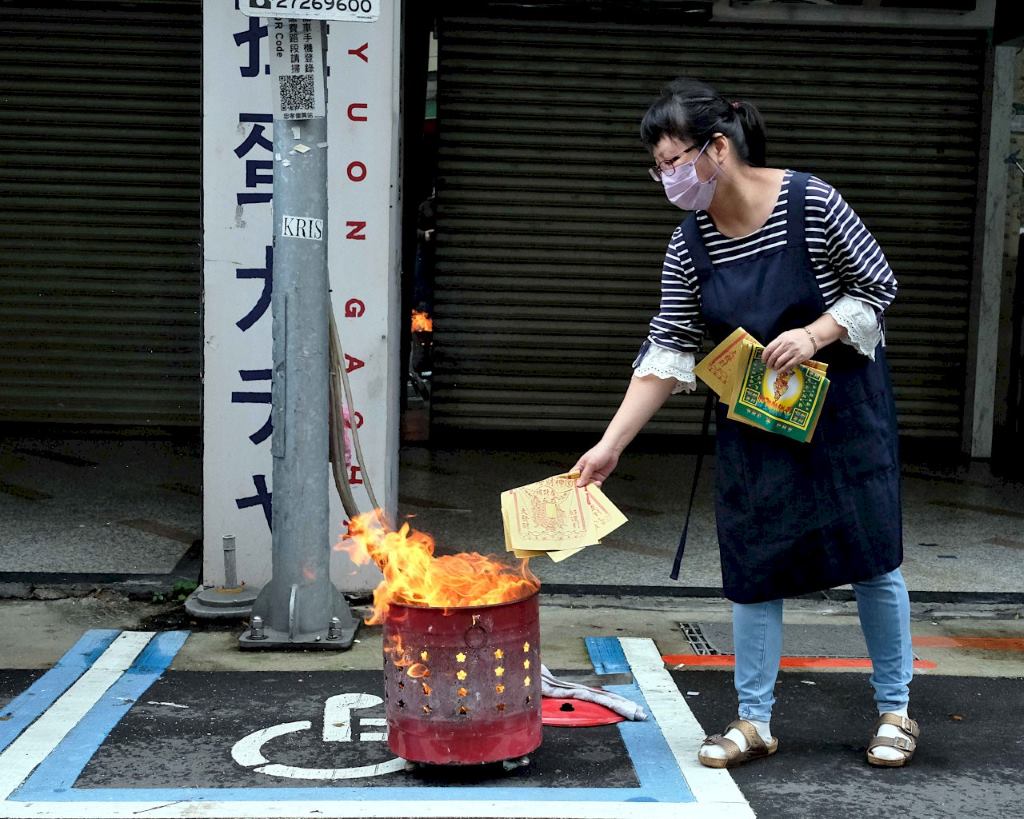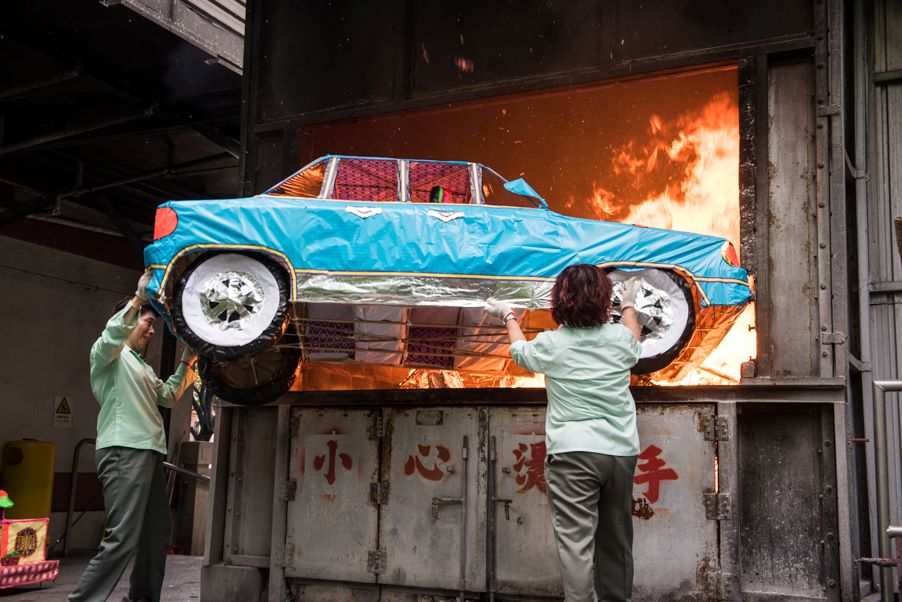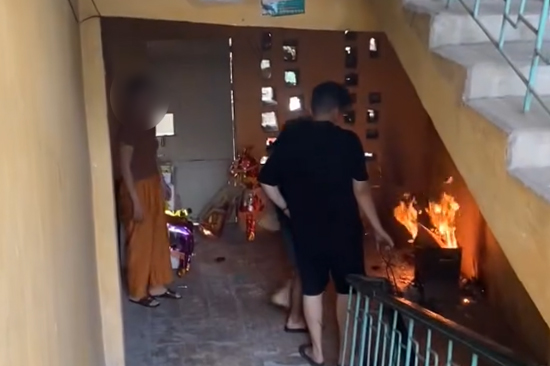Burning gold (also known as burning joss paper or burning joss paper) is a long-standing custom and is still popular in many Asian countries today such as China, Vietnam, Thailand, Japan, and India. ...
This is the ritual of burning joss paper and fake paper items to send to the deceased and the gods.
According to records in Chinese and international historical documents, burning votive papers is done based on the belief that the souls of the dead continue to exist and can influence the lives of the living. Therefore, people turn into gold to pray for the blessings of their ancestors as well as to provide them with necessary things in the afterlife.

Anthropologist Heonik Kwon of Cambridge University explains that, according to the beliefs of many Eastern countries, life on earth is only "temporary", and when someone dies, descendants still have the duty to worship them. worship and take care of parents and ancestors.
Tapping into this psychology, a businessman named Vuong Du came up with the idea of making gold, silver, clothes... out of paper to burn, replacing the previous custom of burial with real gold, silver, and clothes.
Although there was also a period when gold secularization was opposed by monks and boycotted by the Chinese people, after that this custom continued to spread.

Gilding is said to bring in significant revenue at spiritual establishments and votive production businesses.
In Taiwan (China) alone, according to data from Taiwan News , temples earn about 400 million USD (about more than 10 trillion VND) each year from this activity (as of 2014).
However, burning votive papers also causes many negative impacts on the environment and public health.
According to a scientific study posted on Science Direct , smoke and ash from burning paper contain many toxic heavy metals such as aluminum, lead, and cadmium.
Some other research from the Royal Society of Chemistry shows that inhaling smoke from burning votive papers can increase the risk of Parkinson's disease in the elderly and affect the development of children.

Aware of the harmful effects of excessive burning of joss paper, many countries have introduced restrictive measures.
In China, in 2006, former Deputy Minister of Civil Affairs Dou Yupe announced that he would ban extreme forms of burning joss paper.
Or in 2017, a Taoist temple in Hung Hom, Hong Kong (China) was also fined for violating the Air Pollution Control Ordinance from burning votive papers.
In Singapore, some temples have discouraged the offering of joss paper during ancestor worship rituals.
In Vietnam, many localities have encouraged people to limit burning of joss paper. Some pagodas and temples have posted signs stating that they do not burn incense or offer votive papers.
This change shows that, over time, we need to have a reasonable balance between burning votive papers and protecting the environment and public health.








